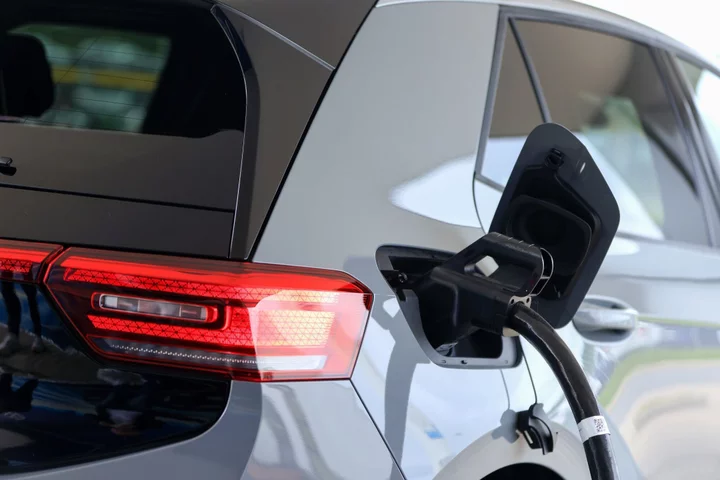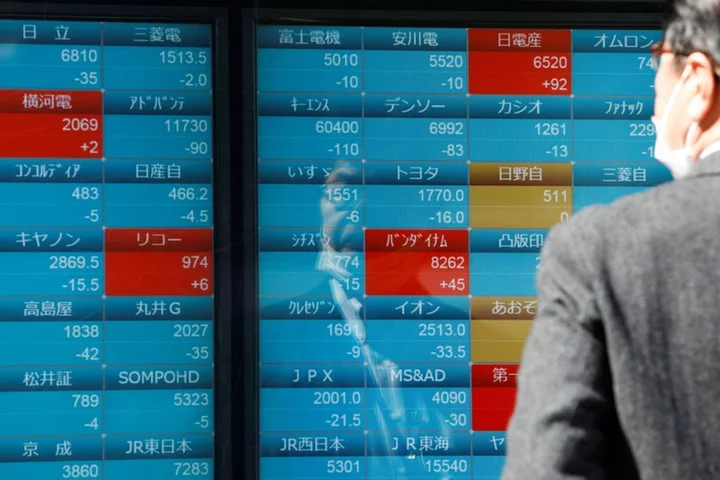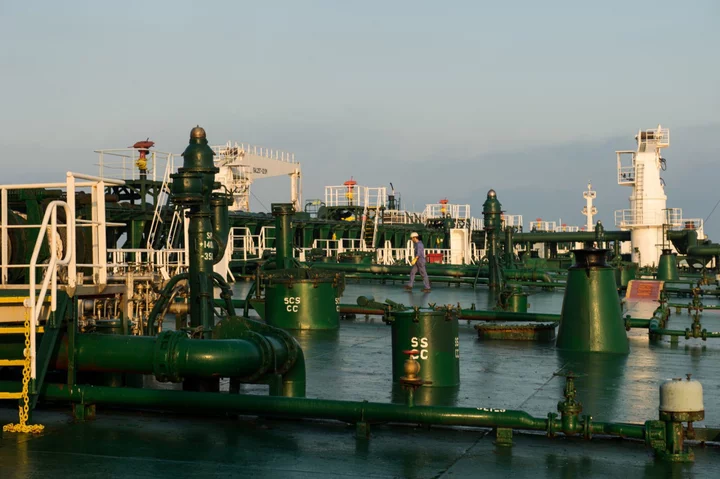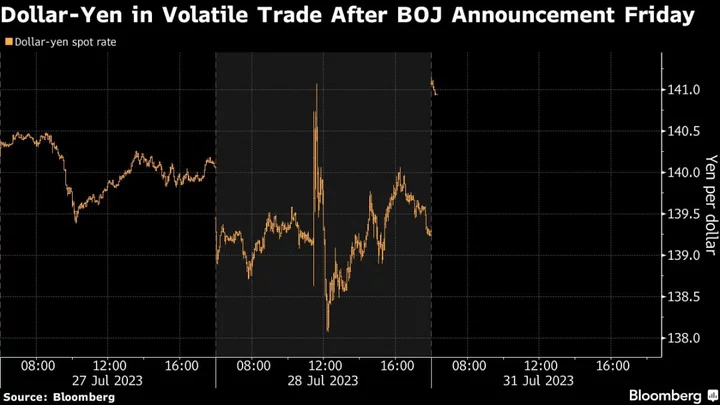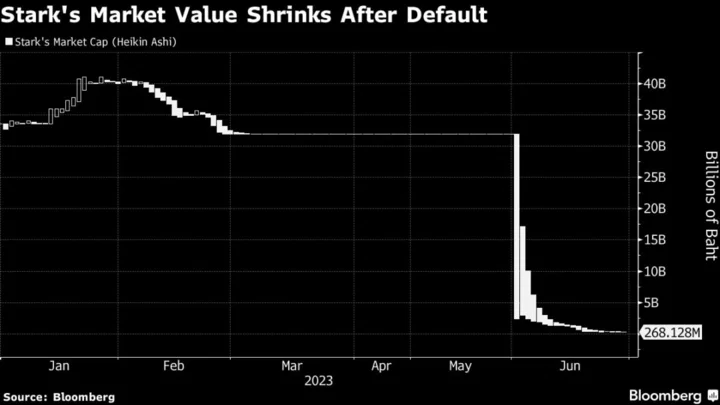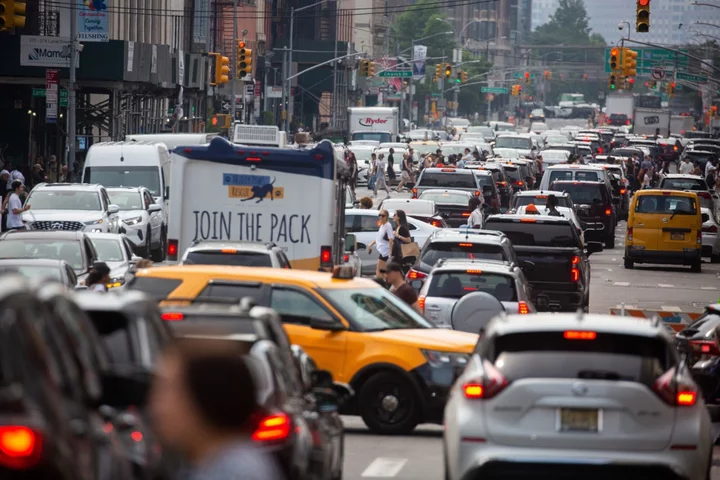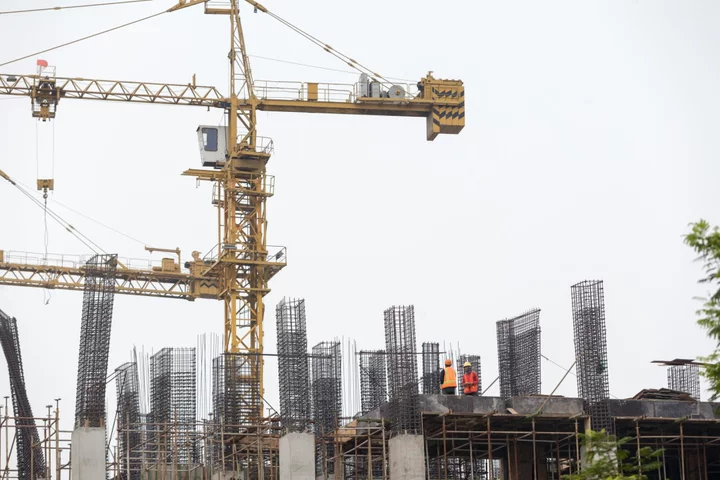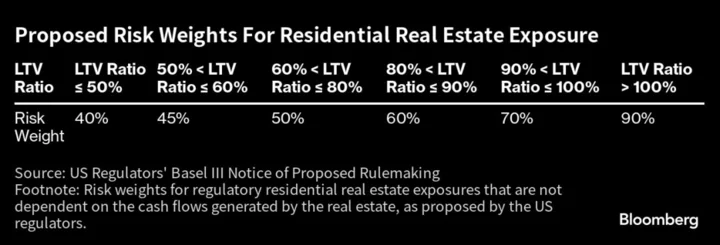Volkswagen AG won’t have to pay taxes on C$13.9 billion ($10.4 billion) in subsidies for its new battery plant, Canada’s finance minister said, allowing the government to avoid extra costs outlined in a spending watchdog’s report.
The American incentives for battery plants contained in the Inflation Reduction Act aren’t taxable, “so it makes sense that the treatment of our incentives, which are designed to level the playing field, would be comparable,” Chrystia Freeland told reporters Wednesday in Ottawa.
But the finance minister declined to specify if Canada would have to change its laws to avoid corporate income taxes on the aid package, instead leaving details vague on how the government will proceed.
Earlier, Parliamentary Budget Officer Yves Giroux warned the Canadian government may have to pay more than initially estimated for the Volkswagen deal.
Giroux’s report pegged the federal government’s financial commitment to the German auto giant at around C$16.3 billion over a decade. The government’s initial estimate was for up to C$13.2 billion in production subsidies and a C$700 million grant for capital costs.
The C$2.4 billion discrepancy comes from how Canadian subsidies may affect the company’s tax treatment compared to American incentives. Prime Minister Justin Trudeau’s government has vowed to match what Volkswagen would have received in support had it chosen the US instead of Canada for its first battery plant outside Europe.
Because the US support is a tax credit, there is no additional tax incurred, the budget watchdog said. But the Canadian government appears to be offering its incentive in a way that would be considered taxable income for the company.
“With this in mind, the government would need to offer a tax adjustment to ensure an after-tax equivalency to the support offered under the IRA that it has publicly stated on numerous occasions,” the PBO said. To account for this, the report calculates a tax adjustment based on an assumed effective corporate income tax rate.
“We estimate the tax adjustment required to keep Canada’s offer in line with the US IRA to be approximately C$2.8 billion,” the budget watchdog concluded. It also found that the production support itself would be a little lower than the government’s top-end estimate, coming in at C$12.8 billion.
However, the report acknowledges that the government “has not published details on the specific mechanism of its production support.”
Speaking to reporters about his report, Giroux said the government could choose to change its tax laws to avoid this problem — especially as Canada works on landing other battery plants, such as the C$5 billion joint venture proposed by Stellantis NV and LG Energy Solution Ltd. The subsidies for that plant could even top what Volkswagen was promised, according to one analysis.
However, Freeland declined to say whether she would introduce legislative changes, instead simply giving the assurance the government would proceed in a manner where the subsidy won’t be taxed.
The budget watchdog also analyzed the economic impact of the construction of the plant in St. Thomas, Ontario, compared to the C$700 million capital cost grant, and found it was a wash.
“We estimate that the increase in revenues associated with the incremental economic activity will effectively offset the increase in public debt charges” resulting from the capital grant to Volkswagen, the PBO said.
(Recasts to incorporate finance minister’s comments.)

